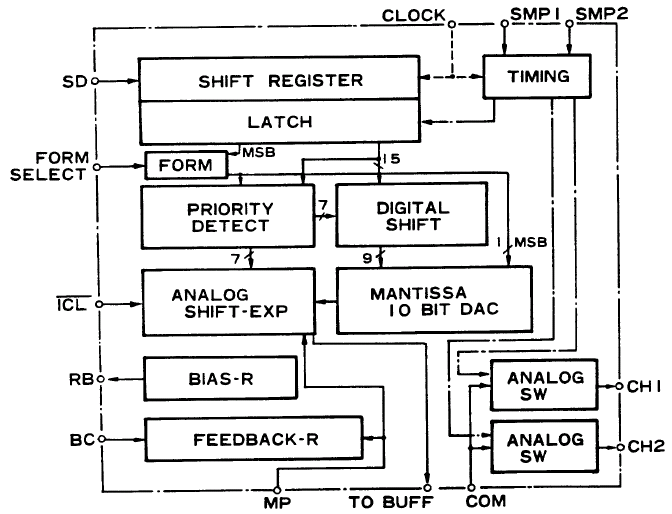AamirM wrote:I was wondering why was that (if you remember of course).
Hmm, I have no idea, I'd have to see exactly what those games are doing, and even then that might only give me an *idea* why. When I get the chance I'll check it out and see if I can hear what you're reporting.
Ok, quick postage of some interesting bits I missed earlier.
TmEE wrote:Kega won't play the currently played sample on the channel in next one when you change Left/Right reg so you can get nice and clean stereo sample playback
Heh, that's interesting

I guess the hardware doesn't allow you to switch channels that fast. Admittedly something I never tested, because I didn't expect anybody to ever do that. What happens on the real hardware? Do you have a recording?
Eke wrote:at least , this was not correctly emulated in emulators (counter was reloaded every time the timer load value was changed)
It's right in Kega. Or if it isn't, it should be, because I knew this

TmEE wrote:One interesting thing : Hellfire, on MD2s (and other systems with Sega implementation of YM2612 in the ASIC) the music plays half as slow as it would on Yamaha discrete YM2612 chip
Also interesting. I remember this game giving me trouble back in the very early days of KGen. One thing it does is spam the living hell out of the YM2612, repeatedly writing registers that haven't changed. I don't remember if it checks the status to see if the chip is
busy between writes - but maybe it does, and those writes take a bit longer on the different chip? (or, maybe the newer chip forces a delay if you write to quick?) It's possible it wastes so much time with all this spamming that it misses an interrupt or timer interval. That'd explain why it runs at half speed.
Nemesis wrote:I know Steve Snake mentioned once that SSG-EG "doesn't always behave like it should" in the YM2612, but I haven't found any indication of that so far.
Yes, I can't remember now what that was. But I was definitely doing some tests on it and getting rather odd and unexpected results back. At the time I couldn't make any sense of it, and I meant to look at it again later. I don't know if it's actually important, i.e. if any games try to do what I was doing.
Nemesis wrote:For the record, I haven't finished working on this chip. Not by a long shot.
Heh, eight years on and off for me, and I'm not done yet either

Nemesis wrote:Operators which directly modulate another operator can simply have their output fed directly into the input for the next operator and they never need to be stored.
Aha. The document you found mentions there is only one operator. Incorrect. There are two, running in parallel. It simplifies the hardware design. This is the reason for the 'odd' operator numbering (1,3,2,4) in the registers. It also means that in most algorithms, an operator may need input from another one that's running parallel with it, and thus not ready yet. And so... it uses the previous output of that operator. This is what all the MEM stuff in Mame is all about, and it's correct.



